The roof could easily experience extreme weather conditions. Fortunately, sealants can protect and repair your roof quickly and affordably. But do you ever wonder if you can use driveway sealer on roofs? We've extensively researched this matter and gathered the best answers to this query.
It is not recommended to apply a driveway sealer on the roof because the driveway sealer's composition is incompatible with the room's materials. It is recommended only to apply materials designed for roof use.
Making sure your roof is well-protected can help improve energy efficiency and lengthen the roof's life. We will discuss driveway sealers, if it is possible to apply them on roofs, and the factors to consider when choosing roof sealants. Continue reading to find out more information about driveway sealers.
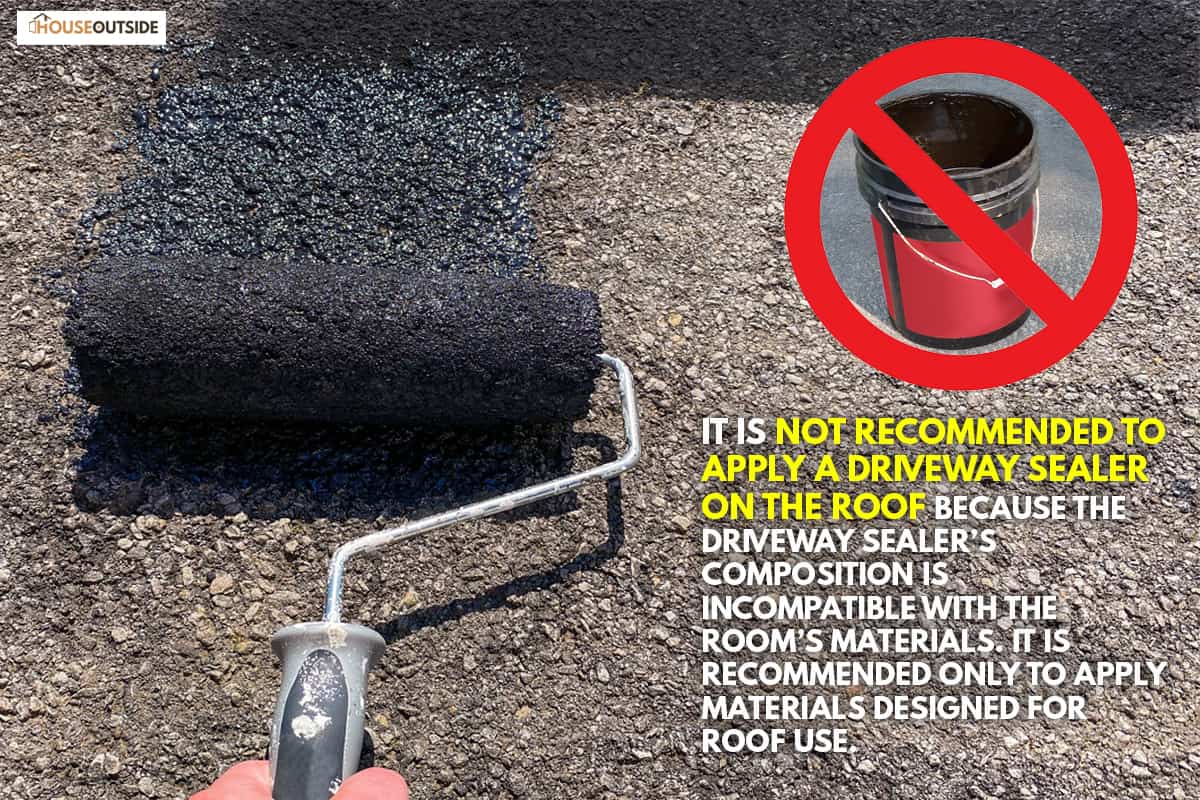
Driveway Sealer
Asphalt deteriorates with time due to rain, oil, and other pollutants, leaving a brittle surface that is dangerous and ugly. It will eventually harden and oxidize if it is not sealed.
Protection from Weather
Fortunately, you can have driveway sealants that can shield concrete or other substrates from the harm that the sun can do. Thus, your driveway can last longer because of protection from UV rays and fluids from vehicles.
In terms of snow, a seal coating will hasten the melting of ice and snow accumulation on your driveway. This stops your driveway from being exposed to harmful elements like salt, moisture, and chemicals over an extended period.
Protection from Deterioration
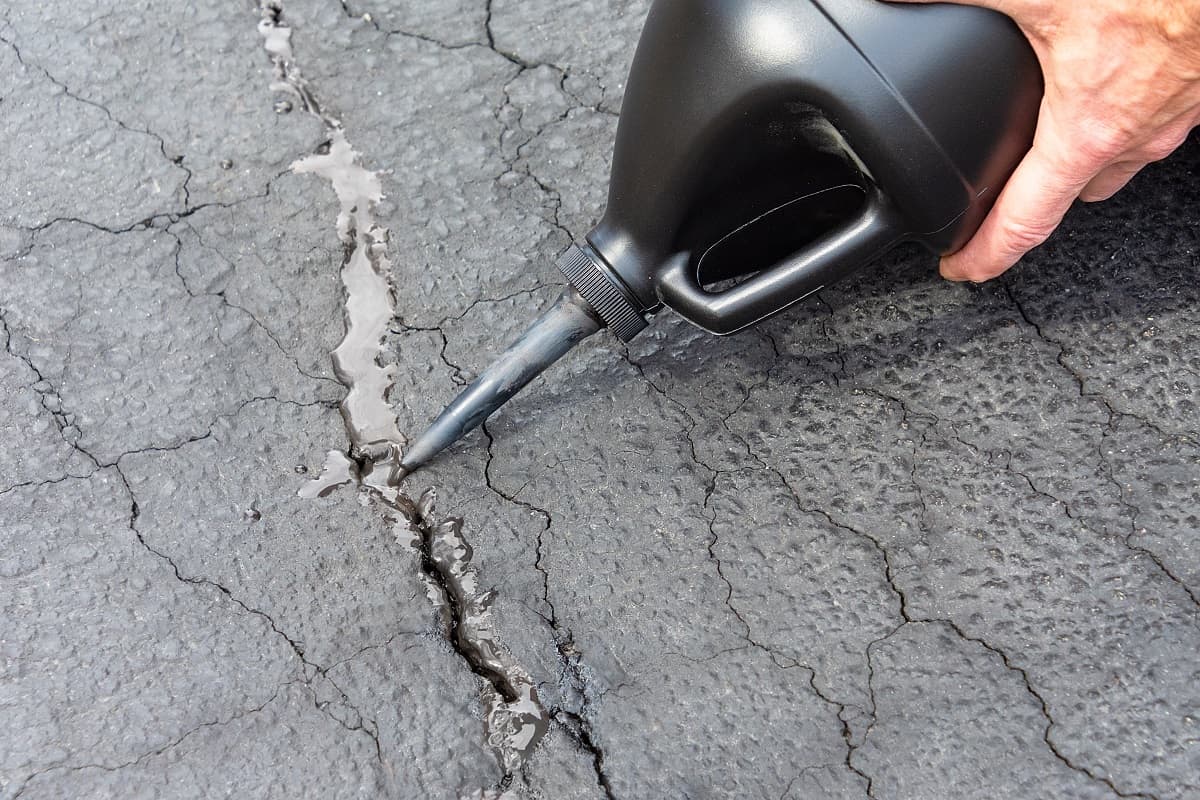
As your driveway becomes increasingly brittle, cracking can happen. Driveway sealant also fills up any cracks and gaps in your driveway. If cracks and holes are correctly closed before seal coating is placed, it produces an appealing, uniform covering over the pavement.
When using a driveway sealant, temperatures above 50 degrees Fahrenheit are required. Driveway sealants can be applied quickly and easily with squeegees or sprayers.
It is suggested to have driveways, and parking lots sealed every two to three years if there is considerable traffic on the pavement.
Asphalt paving can sustain significant deterioration over a few years if it is not routinely sealed. The longer you can keep your driveway in good condition, the better because replacing a driveway can be pricey.
Before purchasing the goods, please check the manufacturer's instructions to ensure they are suitable for your use. This sealant is an affordable method of resurfacing or repairing old pavement, hence increasing the lifespan of the driveway and pavement.
Click here to see this asphalt filler and sealant on Amazon.
Driveway Sealer On Roofing
The roof is one of the necessities in your house that has to be appropriately maintained. You will be safe under your roof if it receives correct upkeep. Without a roof, you are exposed to hazardous weather, extreme heat, and cold.
Since every sealant is specifically made for various materials, you shouldn't use them on roofs. Roofing materials use solvent-based asphalt products or water-based emulsions. However, coal tar is a common base for driveway sealants which is not a good option to use on a roof.
Also, its cured covering is less flexible since driveways require compressive strength, while roof sealant is softer and more flexible because roofs flex and bear less weight.
Your driveway's asphalt is not constructed in the same manner or with the same materials as your roof. Therefore, it is recommended only to apply materials designed for roof uses to roofs.
Your asphalt shingles may require some assistance to maintain waterproof protection on your roof after years of exposure to the elements. Using an acrylic asphalt sealer, you may protect the shingles and prevent water damage to your roof.
Roof sealants are affordable, long-lasting, and flexible enough to expand and contract with changes in the weather because of their rubber formula.
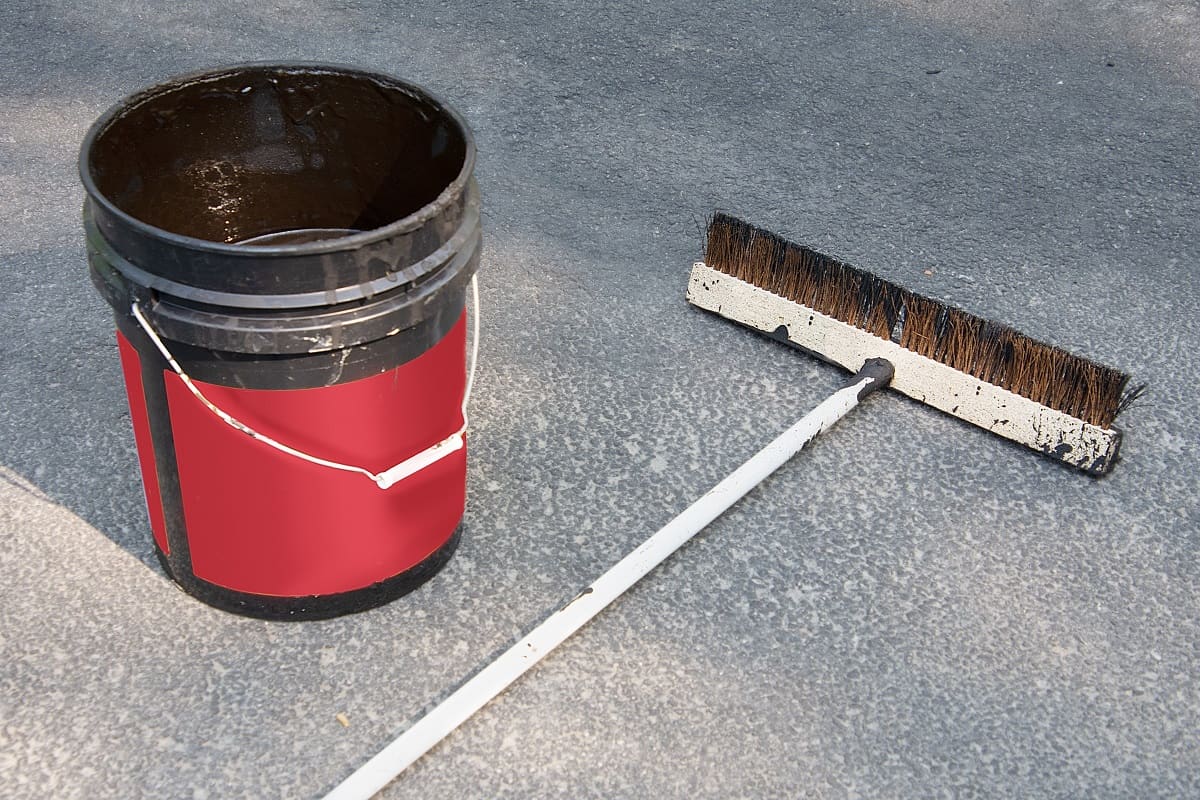
Factors To Consider For A Roof Sealant
Roofs endure a lot of damage, including from exposure to heat, rain, heavy snowfall, and powerful winds. Fortunately, you can have roof sealants primarily used for repairing roofs and can offer a protective seal against moisture and sun exposure.
You must then fix minor leaks immediately before they cause more significant damage.
The majority of sealants are designed to operate with particular roofing materials. Choosing the finest roof sealant for your unique needs might be challenging, with many options available. These are the following factors to consider to make an informed choice:
1. Type of Sealant
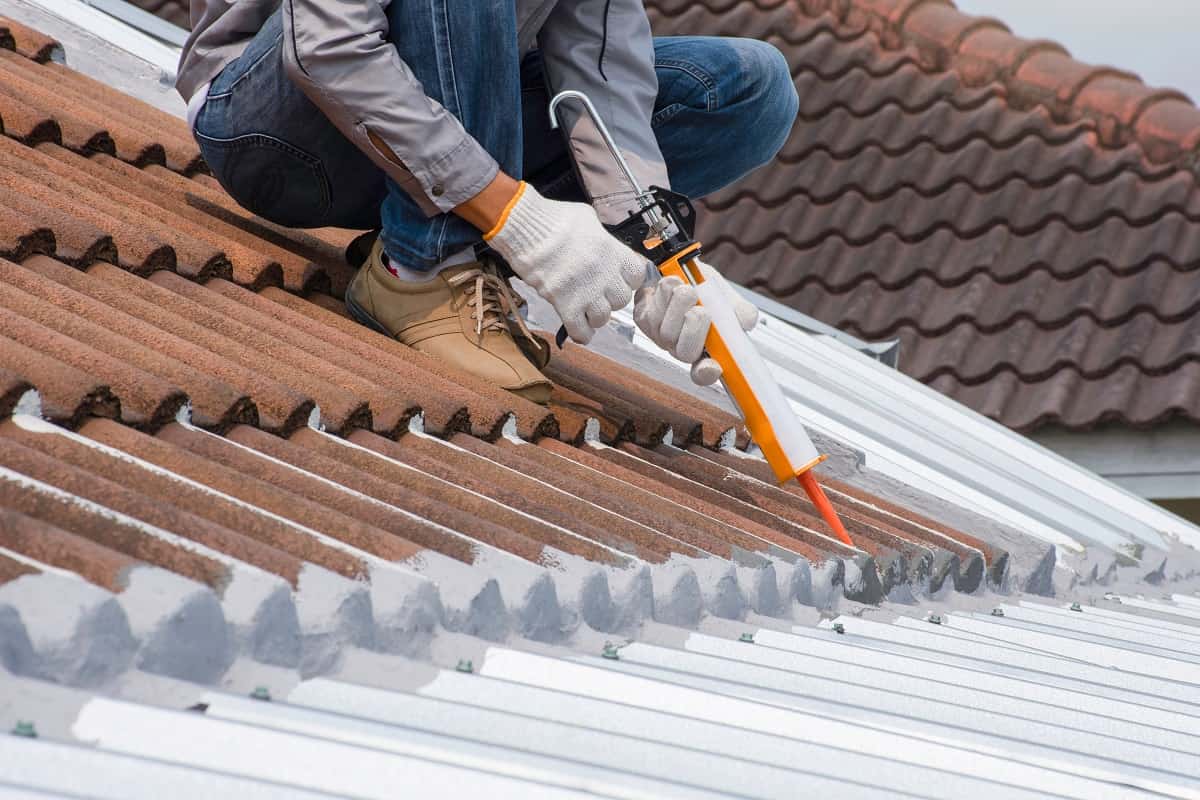
You can choose between solvent-based or water-based roof sealants. Despite having excellent resistance to the weather, solvent-based sealants are typically more expensive, thicker, and challenging to apply.
On the other hand, water-based sealants are less expensive but aren't weatherproof. They may require regular maintenance since they may break down several years earlier than solvent-based sealants.
Click here to see this water-based sealant on Amazon.
2. Thermal Condition
A dark roof absorbs heat that could otherwise enter the structure, adding to the load on the internal cooling system. When your roof coatings are white, they can lower the roof's surface temperature by at least 50 degrees Fahrenheit. Thus, it lessens heat transfer into the structure.
If your roof is cool, your air conditioner won't work as hard to lower the temperature to a tolerable level. This may significantly impact your energy costs.
Also, consider using a sealant that can survive intense rainfall, for instance, if it rains frequently. Select a sealant that can withstand such weather conditions to prevent roof damage.
3. Cost
Cost never leaves one's mind when it comes to purchasing materials. Prices for various materials vary depending on the brand, quality, and cost of production. Different roof sealants are pretty cheap but offer good quality.
Remembering that just because a material is expensive doesn't necessarily indicate it will last forever. To assist you in choosing the material that best fits your demands and budget, speak with a reputable roofing provider.
4. Lifespan
Make careful to inquire about the coating's projected lifespan and whether a manufacturer's warranty is offered. You must select the sealant that best achieves your objectives because different sealants have various lifespans.
Can I Use Flex Seal On My Roof?
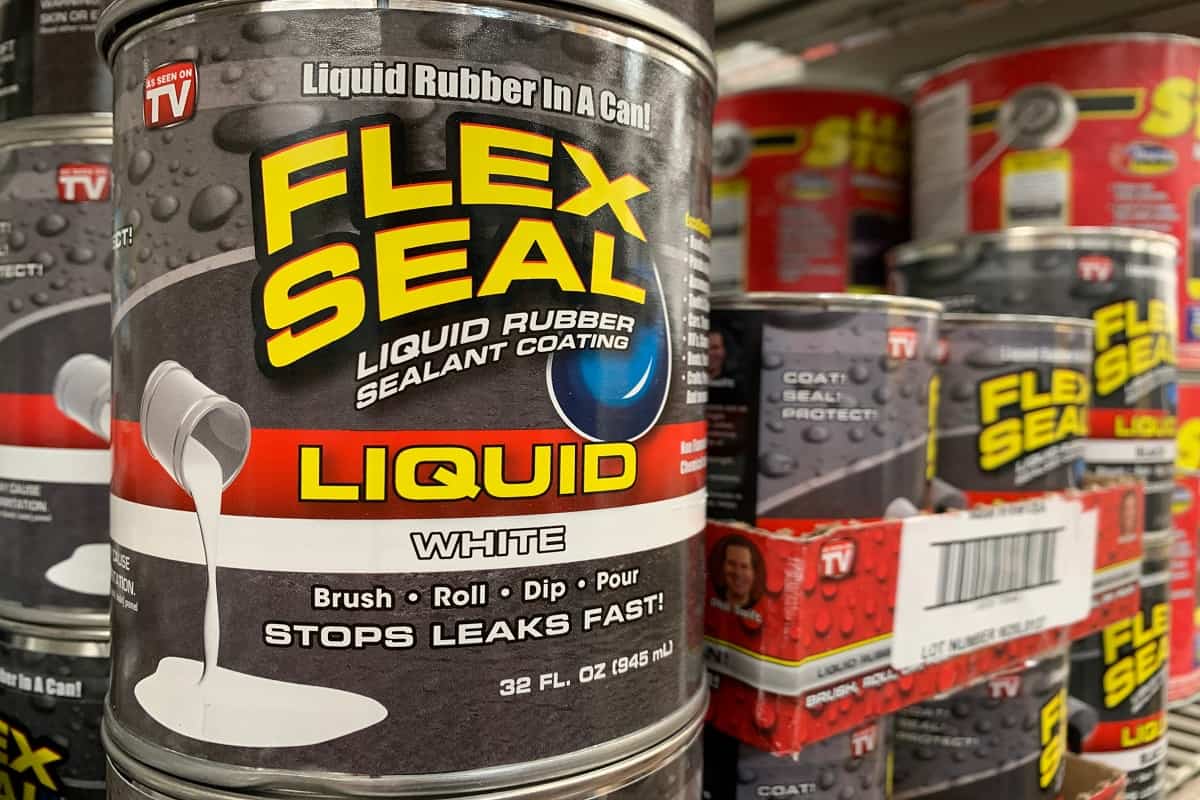
Water leakage can happen everywhere, but it can get around these issues because the Flex Seal is adaptable. Flex Seal is excellent for use on roofs because it prevents leaks. Your roof's protective layer can shield your property from corrosion, rust, and ultraviolet radiation.
Flex Seal is typically applied to a surface as a liquid. Its liquid nature makes it simple to employ, especially for do-it-yourself projects.
It sprays out a liquid, seeping into those bothersome gaps in your roof. You can apply it by brushing, rolling with a paint roller, or pouring.
When the substance dries, it creates an airtight and watertight seal. Unlike other sealing materials, Flex Seal does not drip or sag in hot temperatures. It is also environmentally benign and non-toxic to humans.
Flex Seal's only drawback is that some varieties have a strong odor and should only be used in well-ventilated environments. Some roof leaks are widespread and should probably be examined by a roofing professional.
Click here to see this Flex Seal sealant on Amazon.
In Closing
Selecting proper sealants is crucial since they safeguard your home, its residents, and its possessions. Because various roof sealants are available, it is always advisable to check the manufacturer's technical data sheet to ensure that the product is appropriate for the roof under consideration.
We have other related posts that you might want to check out:




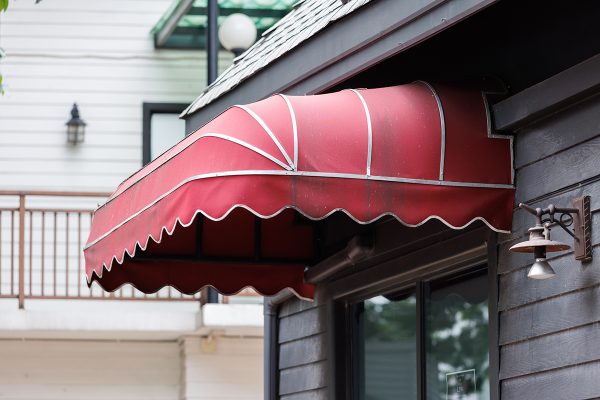
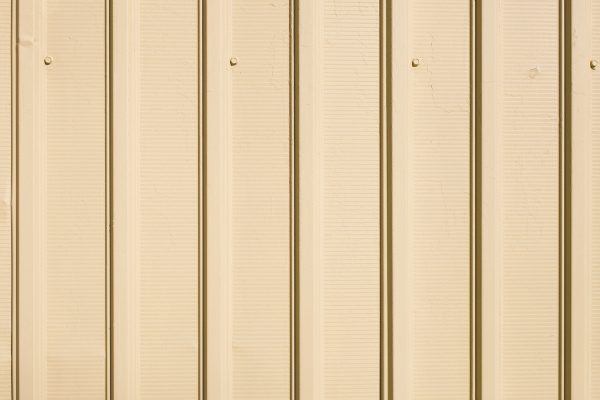
![Roof Gutter Cleaning Tips. Clean Your Gutters. Gutter Cleaning., Do Gutters Smell? [And What To Do About It]](https://houseoutside.com/wp-content/uploads/2022/10/Roof-Gutter-Cleaning-Tips.-Clean-Your-Gutters.-Gutter-Cleaning.-600x400.jpg)